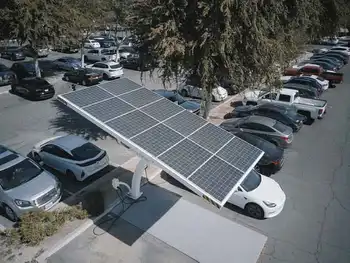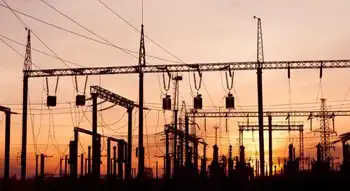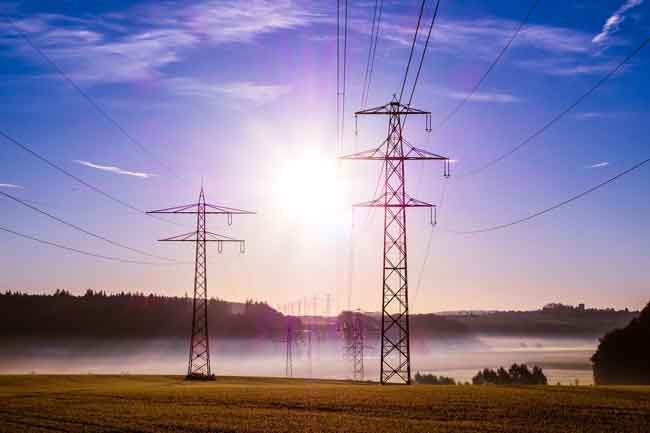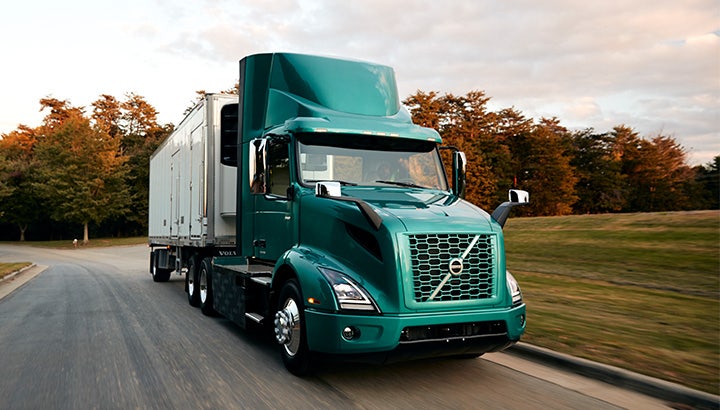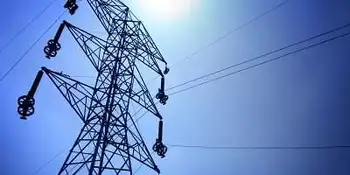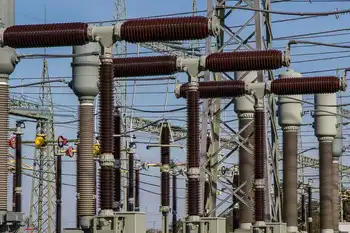Using Africa as a back door for carbon credits
By Reuters
Protective Relay Training - Basic
Our customized live online or in‑person group training can be delivered to your staff at your location.

- Live Online
- 12 hours Instructor-led
- Group Training Available
Barred from UN membership by China, Taiwan plans to obtain carbon credits by setting up solar and biomass companies in cash-strapped African countries, the island's environmental protection agency said ahead of a summit in Taipei with climate leaders from eight nations.
African countries including Taiwan diplomatic allies Burkina Faso, Gambia, Swaziland and Sao Tome and Principe would get credits through the UN Clean Development Mechanism and pass them on to Taiwan, an EPA official said.
"Our country, if it can meet needs in Africa by assisting in the investment of solar energy or bio-energy to get carbon credits, in the future it can exchange them in international carbon markets," the EPA said in a statement.
Efforts to join the world carbon trade would boost Taiwan's profile as the island tries to win approval for some sort of UN role that has been repeatedly blocked by China.
"It's a first step, and they will succeed eventually," said Nathan Liu, associate international affairs professor at Ming Chuan University in Taiwan. "This is a trial balloon. If China doesn't raise its voice, it's an encouragement for Taiwan."
China has claimed sovereignty over self-ruled Taiwan since 1949, when Mao Zedong's forces won the Chinese civil war and Chiang Kai-shek's Nationalists fled to the island.
The economic giant blocks Taiwan from any international bodies that require statehood as a condition to join.
As a consequence, the island is not part of the Kyoto Protocol, the UN's main weapon in the fight against climate change, and faces no UN-mandated emissions reduction targets.
But the EPA said the government would aim to cut emissions to 2005 levels by 2020 anyway, a reduction of at least 30 percent from projected levels.
Kyoto obliges nearly 40 industrialized nations to cut emissions. Under Kyoto, efforts to cut greenhouse gases can be outsourced to emerging countries through investment in clean energy projects registered under the Clean Development Mechanism.
Investors receive offsets in return, called Certified Emissions Reductions (CERs), which can be used toward emissions reduction goals or sold for profit. December delivery CERs were trading around 11.30 euros ($15.56) a tonne recently.
In 2006, the International Energy Agency ranked Taiwan 22nd in the world for fuel-based carbon dioxide emissions at 270 million tonnes per year. It was No. 16 in terms of per-capita emissions, higher than Japan and South Korea.
Major CO2 polluters include Taiwan Cement, Taiwan Power and Formosa Plastics, the EPA says. It has not estimated how many credits Taiwan would seek from Africa or how much it planned to invest in those countries.
President Ma Ying-jeou has said he wants Taiwan's annual carbon dioxide emissions to fall to 214 million tonnes by 2025 and half that by 2050.





